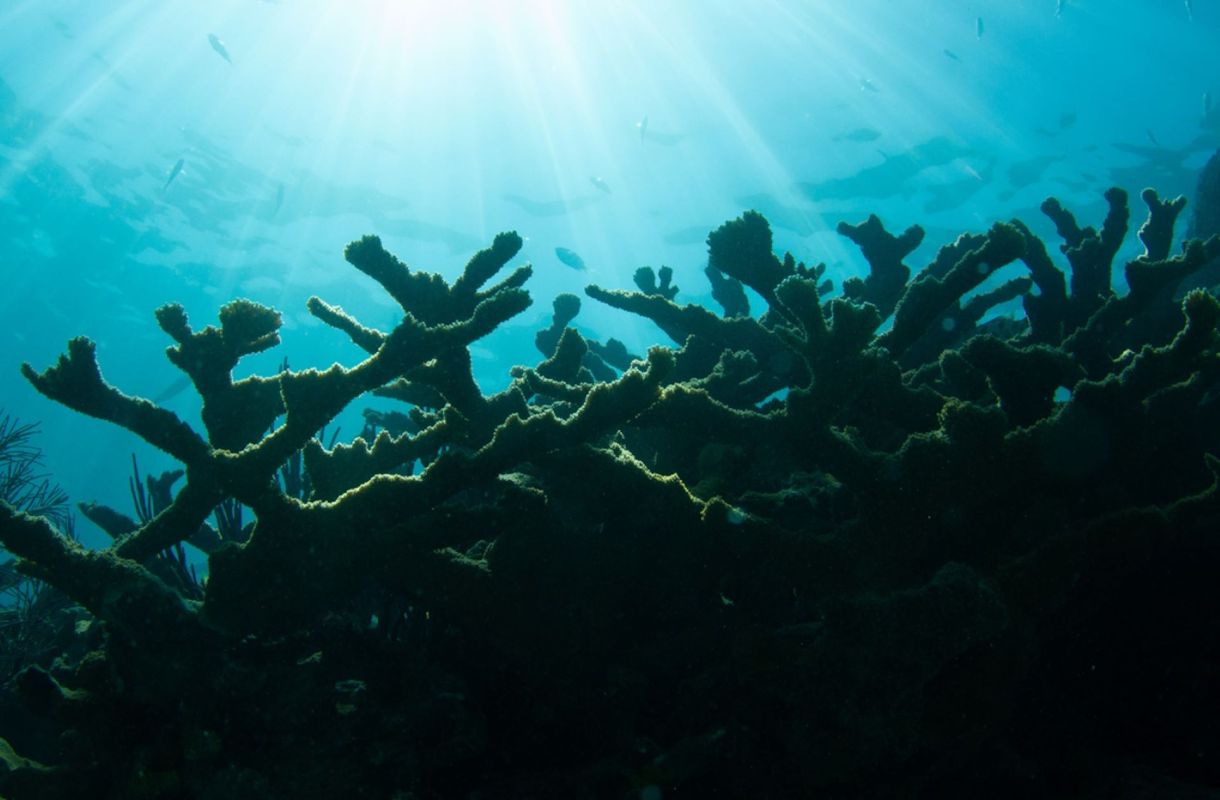In an effort to halt the decline of coral reefs off the coast of Florida, scientists have turned to an unlikely ally.
According to Vox, Caribbean king crabs are being bred and trained in the Mote Marine Laboratory in the Florida Keys and will eventually be set free to roam among the reefs to eat algae.
Algae is one of the leading contributors to the death of vital coral, while pollution and waste from fishing is another.
Mote recently celebrated the official opening of its 6,000-square-foot Florida Coral Reef Restoration Crab Hatchery Research Center, the first Caribbean king crab hatchery of its kind that will aid in the effort to save Florida's coral reefs. https://t.co/4Lp1FRx8cf
— Sarasota Magazine (@SarasotaMagazin) September 12, 2023
The plan is to breed up to 250,000 king crabs every year to tackle the out-of-control algal blooms that are suffocating coral and leading to a serious decline.
Warming ocean temperatures due to global heating and polluted waters provide the perfect environment for algae to thrive, and coral reefs are at threat because of it.
Seaweed can settle on top of the coral, making it difficult for the coral to access sunlight necessary for life. Furthermore, as Vox noted, when the algae settles on the ocean floor, it limits the space in which new coral can grow, and the chemicals the algae produces also impact coral's ability to thrive.
Coral provides a habitat for a number of marine species. According to the United Nations Environment Programme, reefs can house up to 25% of all known marine species and are among the most diverse ecosystems on the planet.
Meanwhile, coral reefs also provide a natural barrier to the shoreline in storms or hurricanes. With Florida particularly prone to such extreme weather events, coral is essential for damage mitigation on land.
According to the Florida Climate Center, coastal flooding from storm surges will increase in the coming years because of the rise in the sea level and increasing storm intensity. The organization noted that warmer oceans "raise the ceiling of storm intensity," and with human-caused pollution leading to higher thermometer readings, this trend is likely to continue.
But crabs could really make a difference. Jason Spadaro, a marine ecologist at the Mote Marine Laboratory, led a study in 2021 to discover the kind of impact crabs could have on coral health and survival.
As Vox summarized, the study found that Caribbean king crabs in an area with the density of one crab per square meter were able to reduce algae by 85% in comparison to areas with no such crustacean presence.
"The effect of crab stocking on seaweed cover was rapid and dramatic," Spadaro and his co-author said, per Vox.
Join our free newsletter for weekly updates on the coolest innovations improving our lives and saving our planet.









